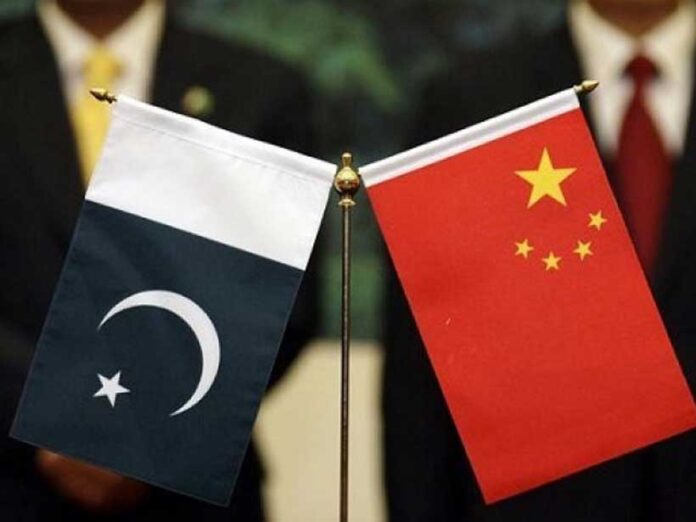China and Pakistan have reaffirmed their commitment to enhancing agricultural industrial cooperation under the China-Pakistan Economic Corridor (CPEC), focusing on modernization, sustainability, and deeper bilateral engagement.
The renewed pledge came during the “China-Pakistan High-Quality Agricultural Cooperation Development Forum—Agricultural Industrial Cooperation,” held in Islamabad and organized by the China Chamber of Commerce in Pakistan (CCCPK). Chargé d’Affaires of the Chinese Embassy, Shi Yuanqiang, addressed the gathering and underscored China’s willingness to share its agricultural development models, research, and advanced technologies to help Pakistan build a more resilient and productive farming sector.
Shi highlighted that Pakistan’s agriculture sector holds vast potential, and the outcomes of recent joint ventures have been encouraging. He noted that Pakistani farmers are making significant progress and that institutional ties in agricultural science and technology between the two nations have strengthened notably in recent years. He praised the efforts of CCCPK and various Pakistani government bodies for playing a central role in driving these developments, and said the joint working groups formed under the CPEC framework have successfully identified new avenues of cooperation in agricultural trade and investment.
He further remarked that food security and sustainable agriculture are pressing global challenges and that international partnerships are crucial to addressing them effectively. He expressed optimism about the future of China-Pakistan cooperation in modern agriculture, stressing the importance of technology exchange, capacity building, and structural improvements in the farming sector. According to him, ongoing success stories in agricultural collaboration can serve as a blueprint for future ventures.
CCCPK President Wang Huihua also spoke at the forum, reaffirming the Chamber’s commitment to long-term agricultural cooperation. He emphasized that unity, strategic vision, and shared purpose are essential to overcoming challenges and achieving progress. He added that innovation, efficiency, and mutual respect will remain key to fostering partnerships that bring tangible benefits to both countries.
The forum also featured remarks from Mrs. Amina Bajwa, Head of Programme at FAO Pakistan, and Ch. Waseem Ajmal, Federal Secretary for the Ministry of National Food Security and Research. They echoed the importance of agriculture in Pakistan’s economic structure, noting that the sector contributes nearly 20 percent to GDP and employs more than one-third of the population. They pointed out that agriculture plays a critical role in ensuring food security, reducing poverty, and maintaining social stability.
Speakers acknowledged that climate change and increasing food demand have made agricultural modernization a national priority, and they emphasized that agricultural cooperation has become a strategic pillar of the CPEC initiative. They expressed hope that China and Pakistan would continue expanding agricultural value chains, promoting green and sustainable practices, and building a shared future rooted in food security and resilience.
The forum showcased the depth of existing China-Pakistan agricultural cooperation and provided a platform for meaningful engagement between enterprises, researchers, and policymakers from both countries. It included five thematic speeches covering contract farming of chili and sesame, industrial development of hybrid double-zero canola, buffalo breeding and dairy processing, modernization of agricultural storage facilities, and financial empowerment mechanisms to support agricultural collaboration.
During the event, the forum released a special publication titled A Typical Cases of China-Pakistan Agricultural Cooperation, highlighting key success stories. Multiple Memorandums of Understanding were also signed, covering areas such as double-zero canola, oil-feed integration, agri-livestock equipment, and buffalo farming.
The forum drew wide participation from government agencies, research institutions, companies, and financial organizations from both nations, who exchanged views on the future of bilateral agricultural cooperation under the CPEC framework.




